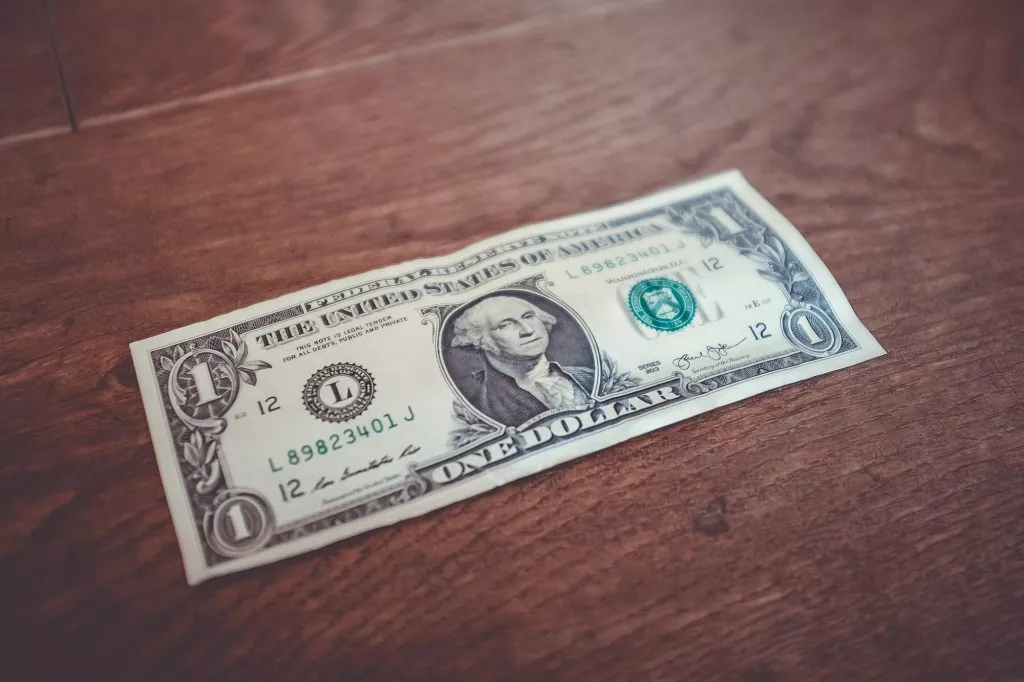Discover the steps to buying medical debt for pennies on the dollar. Research the market, find a reliable debt broker, evaluate the debt portfolio, make your purchase, and manage the debt portfolio for success in the medical debt market.
Introduction: Investing in medical debt can be lucrative for those willing to invest in research and effort. By buying medical debt for a fraction of its average cost, you can potentially turn a profit. But how do you go about making such a purchase? Here are the steps to buying medical debt for pennies on the dollar.
Step 1: Research the Market
Before making any investment, it’s essential to understand the market you’re entering. Research the current state of the medical debt market and familiarize yourself with the process, benefits, and costs of buying debt from medical providers. Look for any trends or changes that may impact your potential investment.
Step 2: Find a Reliable Debt Broker
A debt broker can be invaluable when buying medical debt at interest. They can help you locate debt portfolios available for purchase at interest and provide guidance on the purchasing process. Look for a broker with a good reputation and experience in the medical debt market.
Step 3: Evaluate the Debt Portfolio
Once you’ve found a debt portfolio you’re interested in, it’s time to evaluate the debt. Look at the amount of debt, balance, the age of the debt, the invoice or credit reports, media of credit card debt, and the likelihood of collecting on the debt. This information will help you determine if the investment is worth the risk.
Step 4: Make Your Purchase
Once you’ve evaluated the debt and are satisfied with the investment, it’s time to purchase. Work with the debt collector or insurance broker to negotiate the price and finalize the transaction.
Step 5: Manage the Debt Portfolio
After making your purchase, properly managing the debt portfolio is essential. This includes collecting on the debt, filing and keeping accurate records, and staying up to date on any changes in the market.
In conclusion, buying medical debt for pennies on the dollar can be a wise investment, but it requires research, effort, and the right resources. Following these steps can increase your family’s chances of success in the medical debt market.
Meta Description: Follow these five steps to learn how to buy medical debt for a fraction of its cost. Research the market, call debt buyers, find a reliable debt broker, evaluate the debt portfolio and a payment plan, make your purchase, make payments, and manage the debt portfolio.
FAQ: Buy Medical Debt for Pennies on the Dollar
Q1: What does buying medical debt for pennies on the dollar mean?
A1: Buying medical debt for pennies on the dollar means purchasing outstanding medical debt at a significantly reduced price. Typically, this debt is bought from hospitals, clinics, or collection agencies that have been unable to collect the debt from the debtor. By purchasing the debt at a steep discount, the buyer assumes the responsibility for collecting it, often hoping to recover more than they paid.
Q2: Why is medical debt sold at a discount?
A2: Medical debt is sold at a discount because insurance providers and collection agencies often struggle to collect the total amount of bills owed by patients. They can recover some losses by selling the debt for a lower price. The buyers, often debt collection agencies or investors, purchase the debt with more dollars to collect a higher amount, making a profit.
Q3: How can I purchase medical debt for pennies on the dollar?
A3: To purchase medical debt for pennies on the dollar, you must contact hospitals, clinics, credit card companies, or collection agencies to inquire about any debt they may be selling. Some debt brokers or online debt marketplaces may also have listings for various medical bills or debt available for purchase. Consumers must conduct thorough research, understand the legal implications, and carefully assess the risks of buying medical debt.
Q4: What are the risks involved in buying medical bills?
A4: Buying medical debt carries several risks, including:
- Collection difficulties: There’s no guarantee that you’ll be able to collect the total amount owed or even the amount you paid for the debt. The debtor may be unable to pay, or the statute of limitations on the debt may have expired.
- Legal implications: There are strict regulations governing debt collection practices, such as the Fair Debt Collection Practices Act (FDCPA) in the United States. Failure to comply with these regulations can result in penalties and legal issues.
- Reputation risks: Debt collection, especially in the medical field, can be controversial and may negatively impact your reputation or business reputation.
- Inaccurate information: There’s a risk that the information provided about the debtor or the debt itself may be incorrect, leading to difficulties in the collection or potential legal issues.
- Financial risks: Investing in medical debt can be risky, and there’s a chance you may not recover your investment.
Q5: Can I buy medical debt to help forgive someone else’s debt?
A5: Yes, it’s possible to get money to buy medical debt to help forgive someone else’s debt without paying it. Some nonprofit relief organizations, such as RIP Medical Debt, do this.
A5 (Continued): to help relieve the burden of medical debt for those in need. Individuals and families can also purchase medical debt intending to forgive it, but this requires research and understanding of the legal and financial implications. Before proceeding, it’s essential to consult with a financial advisor or attorney to ensure you’re aware of the potential risks, costs, and complications involved.
Q6: Is there a minimum amount of medical debt I can purchase?
A6: The minimum amount of medical debt you can purchase will vary depending on the seller, such as hospitals, clinics, collectors, creditors, collections, or collection agencies. Some sellers may have minimum purchase requirements, while others may be more flexible. Communicating with the seller directly is essential to understand their requirements and ensure you’re comfortable with the transaction.
Q7: Are there any tax implications for buying and forgiving medical debt?
A7: Tax implications for buying and forgiving medical debt may vary depending on your country’s tax laws and your specific situation. In some cases, forgiving debt to pay for medical expenses may be considered a charitable act, which could potentially qualify for tax deductions. However, it’s essential to consult with a tax professional to understand your country’s tax implications, requirements, and specific situations.
Q8: Can I buy my medical debt for pennies on the dollar?
A8: It’s unlikely that you’ll be able to buy your medical debt for pennies on the dollar directly from the hospital or clinic. However, you may be able to negotiate and accept a reduced payment or a payment plan with the hospital, medical provider, or collection agency handling your debt. It’s essential to communicate openly with the debt holder and explore any options for debt relief.



